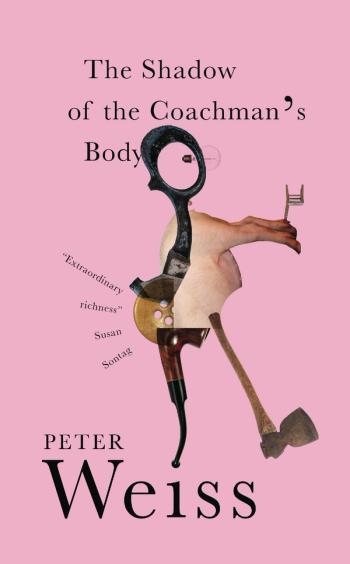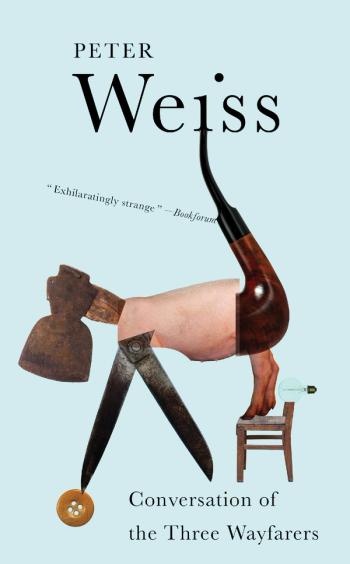Peter Weiss
Peter Weiss (1916–1982) was a German playwright, dramatist, visual artist, filmmaker, and novelist. His works include The Aesthetics of Resistance and The Shadow of the Coachman’s Body. He is best known in the US for his play Marat/Sade: Peter Brook’s production received the Tony Award for Best Play in 1966. His documentary drama The Investigation, which recreates the trial of Auschwitz concentration camp guards, was produced on American television in the 1960s. He was awarded the Georg Büchner Prize after his death in 1982.

